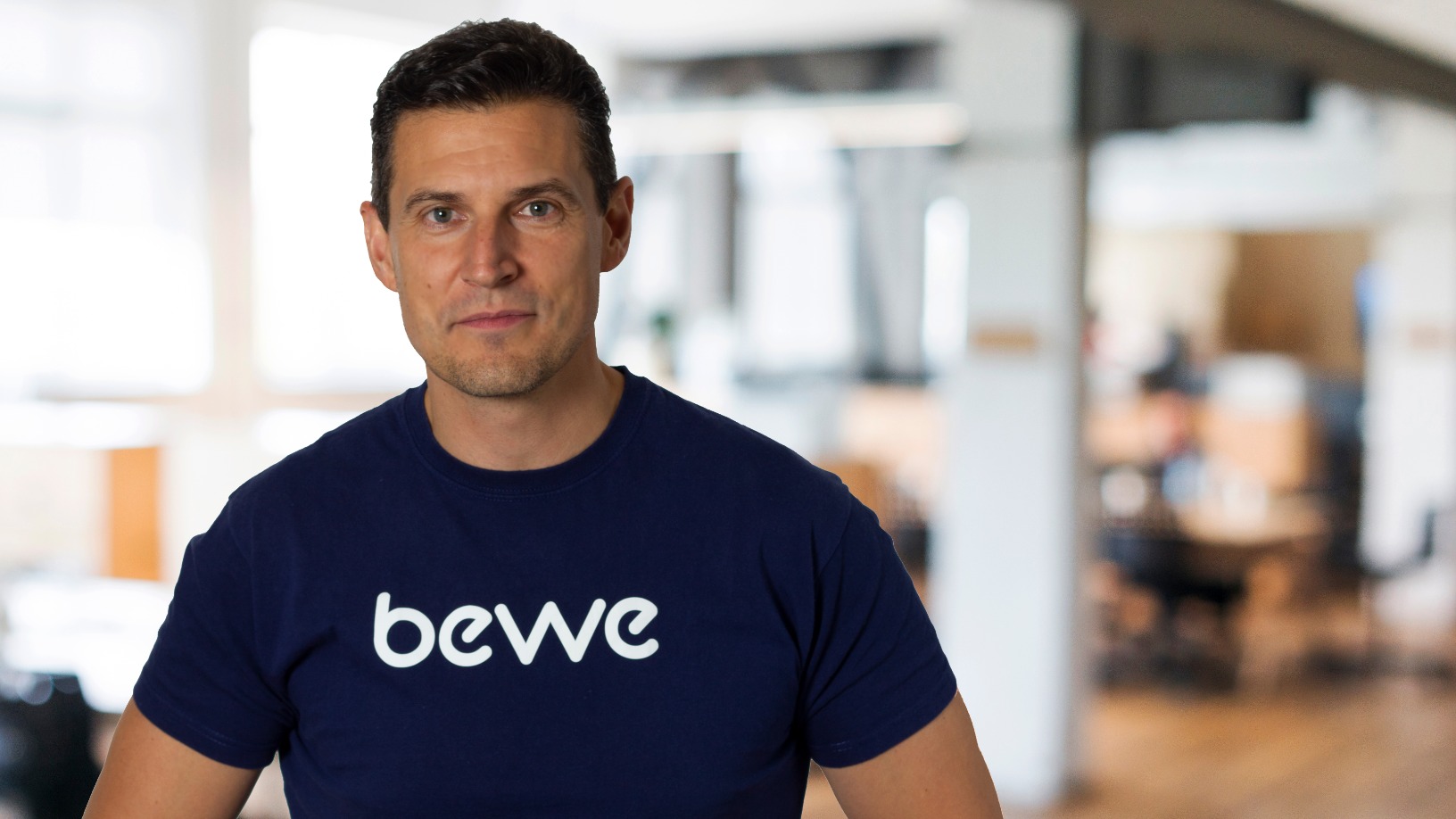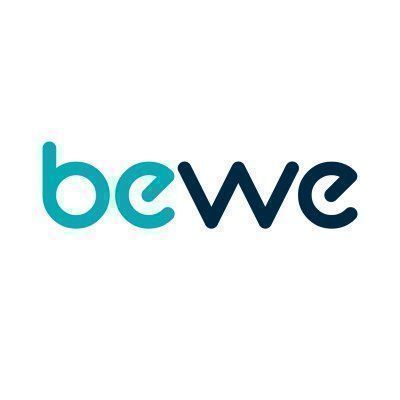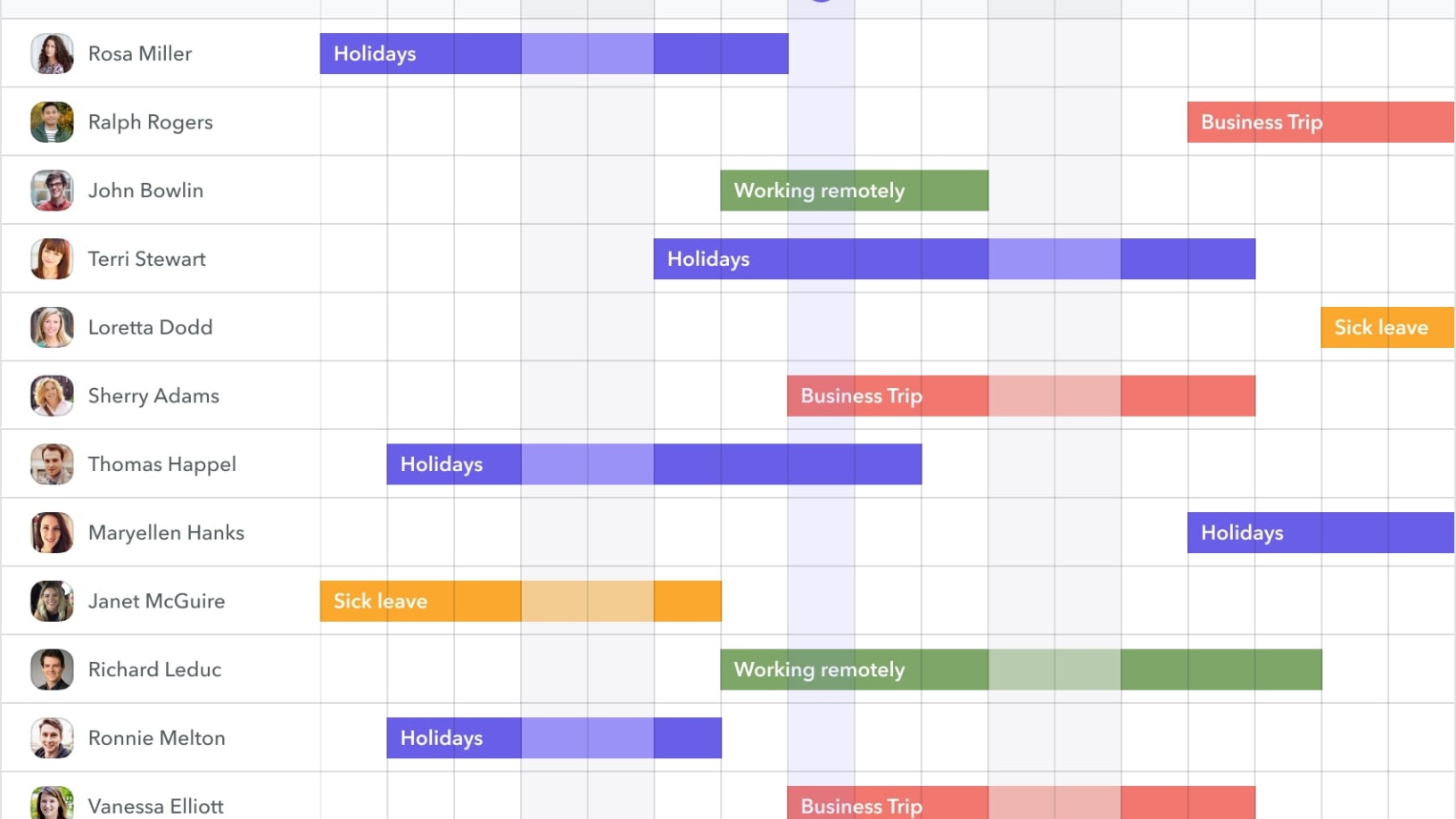Against the odds, Bewe, a beauty and fitness services-focused SaaS startup, has expanded into new markets despite Covid-19 disruptions sweeping across the world. It also raised €2m in new funding last month.
“Last month, we even exceeded our target set in January,” says Bewe’s CEO and founder Diego Ballesteros, speaking from Madrid in a telephone interview late June. “I hadn’t planned to start the commercialization of our product in English-speaking countries so quickly [but for] the acceleration of our sales and revenue growth.”
Counting over 2,500 clients currently in Latin America, Bewe’s SaaS platform offers integrated management solutions to freelance professionals and SMEs like salons and studios in the beauty, wellness and fitness sectors. Many of these had to suddenly suspend operations during the Covid lockdowns.
“Our investors were afraid when the entire crisis began, as our clients had to temporarily shut down their businesses,” says Ballesteros, who is based in Colombia. “We were one of the companies susceptible to a greater impact from Covid.”
Even before, as countries in Europe, especially Italy and Spain – Ballesteros is Spanish – buckled under the weight of the pandemic, Bewe promptly launched a series of initiatives to support its clients. They included online classes, workshops and even marketing and finance training webinars for clients’ employees working from home.
“Our investors realized our team was able to respond very well to a difficult situation," Ballesteros says. “Their initial interest in financing Bewe remained strong and we got the capital injection.”
The company will deploy the funds toward its expansion into the US and other English-speaking countries. The funding round, led by Mexican VC DILA Capital, with participation from The Venture City, Seaya Ventures and others, was being negotiated when Covid-19 hit Europe and sent deals scuttling.
Strong track record
Ballesteros is a veteran techpreneur who started his first ventures in 1997 with online classified ads platforms Ocioteca.com and MundoSalud that was later acquired by Sanitas of Bupa Group. He also launched on-demand food delivery platforms SinDelantal Spain and SinDelantal Mexico, acquired by Just Eat in 2013 and 2015, respectively.
Bewe is Ballesteros’s fifth startup. “Investors feel their investments are more secure when dealing with experienced entrepreneurs,” he notes. The team also comprises experienced staff handling the most critical areas of the business and an efficient cost structure to optimize performance at significantly reduced costs. “This €2m round we just raised is equivalent to raising €10m in London or €5m in Madrid,” he explains.
The company currently has 80 employees, including five senior IT engineers based in Spain. The teams running sales, customer support and onboarding are based in its Bogota HQ in Colombia.
“I didn't choose Colombia just because of the lower business costs. Colombians are great for providing customer support services,” Ballesteros says. “These are some of the factors that make Colombia highly attractive for startups like Bewe.”
In 2018, the company had closed a €2m funding round, also led by DILA Capital, along with other international funds. Targeting the lucrative US fitness market, Bewe invested in hiring the right people in IT and product development to ensure its SaaS platform meets the high US standards.
According to Ballesteros, Bewe’s competitors in the US have dramatically increased their prices over the past few years. “It’s absurd what they are charging now,” says Ballesteros. "Our strategic objective is to offer a service that’s competitively priced.”
Competing on product-fit
Bewe’s SaaS platform lets clients manage and automate time-consuming operations such as booking client appointments, inventory control, cashflow management, marketing and loyalty programs.
In his work on Bewe, Ballesteros has learnt from his previous successful business models, focusing on agile product development, high quality customer services and an efficient cost structure. “We don’t want to build a product that has millions of functionalities that nobody uses,” he says.
The company is now ready to expand globally, starting with the US and followed by the UK, Australia and Singapore. “All English-speaking countries are part of our expansion strategy, as long as you can provide good customer support in a specific language,” says Ballesteros.
Despite the current economic uncertainties, the company expects to generate a revenue of $2.5m in 2020, mainly by boosting its services in specific verticals. “Even before the Covid-19 crisis, it was quite clear that the fitness and wellness sectors were the most profitable ones for Bewe,” Ballesteros says. The average contracting fee in the wellness and fitness segments is much higher than in beauty, generating higher profits.
Scalability is key, especially since Ballesteros plans to run the global English-speaking platform from Bogota. “We’re hiring bilingual teams, people who have lived and studied in the US. They not only speak fluently in two languages, they also understand the [US] culture,” he says.
Bewe is also considering opening hiring to out side outside of Bogota, through remote working that has become the “new normal” for businesses amid lockdowns, he adds.
Scaling offline-online models
"It’s true that many of our clients, especially in Spain at the beginning of the crisis and now in Latin America, had to close their centers and now are going through hard times. Bewe is still supporting them through the crisis by not charging any monthly fees until business returns to ’normal,’” says Ballesteros.
“Covid is likely to bring along an important recession in consumer spending, especially in Spain,” he adds. “I don’t have much trust in the strategy adopted by our government to push the economy forward and get us out of this crisis.”
For Bewe, the unexpected speeding up of its launch in the English-speaking countries has been a blessing. These markets tend to have stronger economic infrastructures and are less beset by political uncertainties, he notes, and so are expected to recover more quickly from the recession compared with Spain.
“Although everyone is going to suffer, the US will probably recover much faster than countries like Spain,” he says.
The Covid-19 crisis has also disrupted the way people shop and pay for services. Many businesses have to reinvent and adapt to completely new scenarios. Faced with this, Bewe is focused on helping its clients to continue to transform their operations into a mixed business model, offering both online and offline services.
Bewe has begun offering clients the technology to run online classes and online diagnostics, which will allow them to continue working remotely. Those in the wellness and fitness segments now have multiple ways to innovate, not just to stay in business but to also grow – and these new trends look set to stay.
“These professionals realize that, through technology, they can reach out to new clients all over the world," Ballesteros says. "They don’t want to lose this advantage. So, they will increasingly invest in new technologies and new ways to professionalize their services.”
He adds: "We’ve a client in Madrid, a pilates instructor, who managed to increase his revenue by 50% just by working from home. We even have cases in Colombia that have managed to quadruple their revenues through online activities.
“They don’t see why they have to continue with the fixed costs of renting a space and pay employees when they can easily work from a beach, generate more revenues than usual.”
Still, moving online has not been without its hiccups. “Online classes are not as easy as opening a Zoom account,” Ballesteros points out. “There are complex things to consider. For example, a pilates studio owner faced some unexpected issues when he was giving classes online: his students didn’t feel comfortable looking at each other during the sessions, so he had to find out how he could make them only see him.”
The development of personal brands and promoting online presence across multiple social media platforms will be crucial, as well as integrating fintech features into the SaaS packages for clients, such as charging for online classes and automating payments.
“We’ll continue to evolve and innovate in our products according to the needs of our clients. At the beginning of the year, this was not even on our roadmap. Now, it has become our most urgent task,” Ballesteros concludes.












